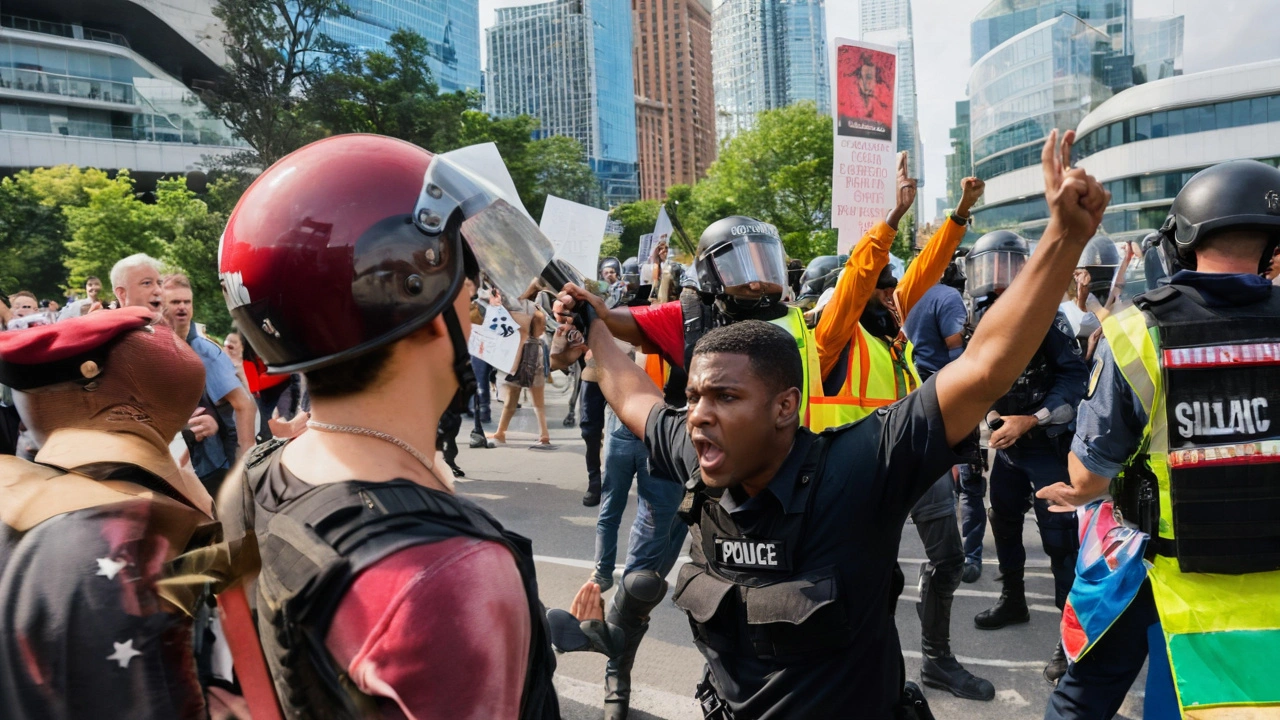Latest on Nane Nane: Farming Updates and More
Nane Nane, which means 'eight eight' in Swahili, is a big deal in Tanzania every August 8th. It’s a day when farmers come together to showcase new farming methods, share ideas, and celebrate their hard work. Whether you’re a small-scale farmer or interested in agriculture, keeping up with events and news around Nane Nane helps you stay connected to the farming community and the latest trends.
Why Nane Nane Matters
This annual event isn’t just a celebration; it’s a platform where farmers meet government officials, experts, and businesses. They discuss issues like crop productivity, livestock health, and new tools or technologies. For example, recent Nane Nane news highlights efforts to boost sustainable farming practices and support farmers in adapting to climate change. These conversations directly impact how farmers improve yields and manage resources.
How to Benefit From Nane Nane Insights
Even if you can’t attend the Nane Nane exhibitions, following updates gives you tips on practical farming techniques and policy changes. You might learn about new fertilizer types, pest control methods, or government support programs. Plus, farmers share success stories and challenges which can be valuable lessons. Staying in the loop means you can apply proven strategies or seek help when facing farming hurdles.
Look out for announcements on upcoming fairs, expert talks, and the latest agricultural research tied to Nane Nane. It’s not just about one day; it’s a continuous source of knowledge to keep your farm competitive and sustainable.

